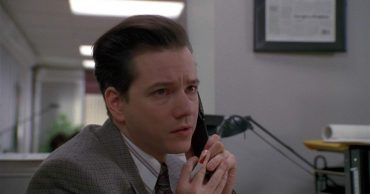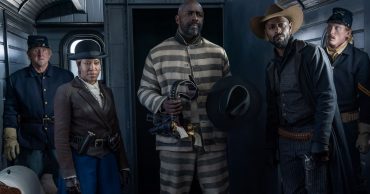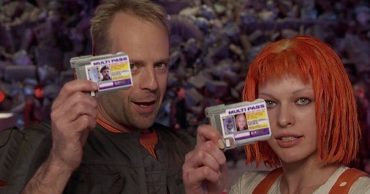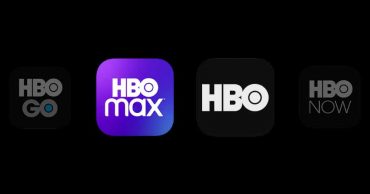
As an American (writing for what I can only presume to be a largely American audience), non-American holidays — especially those being observed around the time of celebrations that I’m more familiar and invested in — often go overlooked. I mean, it’s not like I’m celebrating these holidays. I’ve got too many barbecues to go to and presents to wrap and turkeys to stuff to worry about what they’re doing elsewhere in the Americas or Europe or Asia.
But, truth be told, I’m really not writing for an American audience. The internet is an international phenomenon and I’m always caught off guard when the person I’m speaking to online is otherwise from parts unknown. And, as such, it only makes sense to pay attention to things going on outside of my own national borders.
Case in point is Canada Day, which was celebrated this year, as it is every year, on July 1. Essentially the Canadian version of America’s 4th of July, it’s a celebration of Canada’s long and notable history, notably the enforcement of its 1867 constitution and the unification of the country’s previously disparate provinces. And because this came to my attention via the lovely ladies at the Faculty of Horror podcast it only seems fitting to explore Canada’s long-running, under-appreciated and often horror-centered film industry.
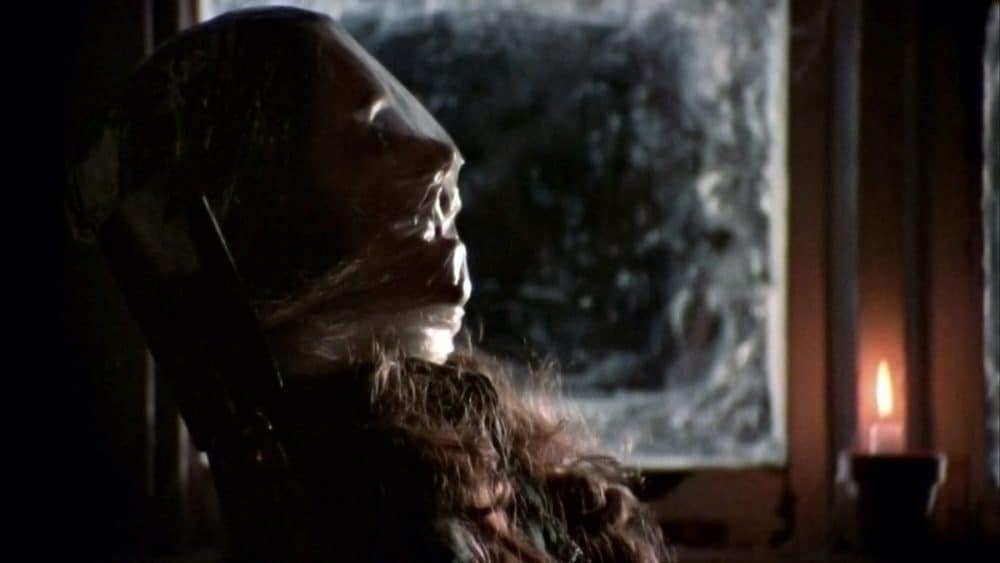
Black Christmas (1974)
Although best known for his other holiday classic, A Christmas Story (1983), Canadian-born director Bob Clark’s career prior to his southern immigration was considerably more varied. Yes, he also had comedies like Porky’s (1982) and Tribute (1980), but he also dabbled in mysteries, such as Murder by Decree (1979) and the monumentally influential proto-slasher Black Christmas as well.
Although often overlooked, even in horror circles, Black Christmas is one of the most seminal and influential films in its entire genre, and especially within the nascent sub-genre of slasher films that it helped to develop. Along with The Texas Chainsaw Massacre, which came out that very same year, it helped to codify the post-Psycho (1960) thriller that eventually coalesced into the more celebrated Halloween (1978): critically bridging these two moments in horror through realistic and enduring scenes or everyday terror.
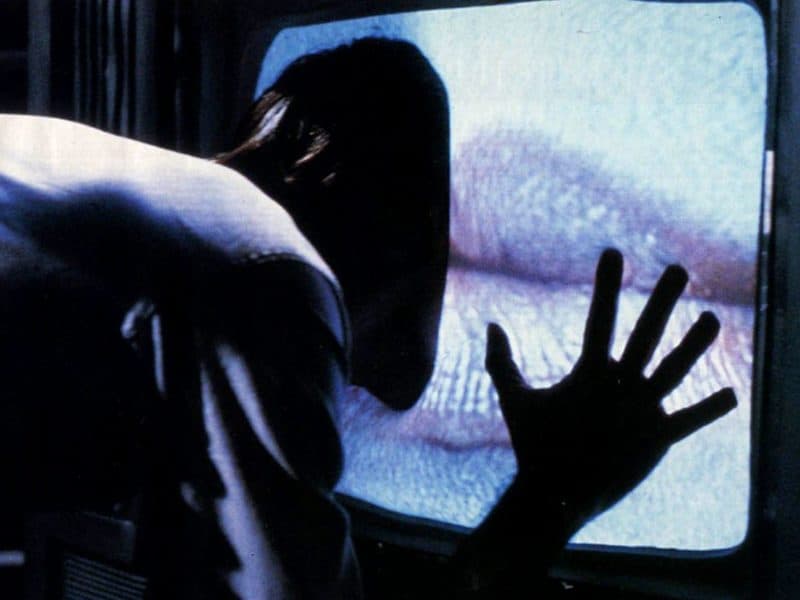
Videodrome (1983)
Of all the filmmakers to make their way from Canada to Hollywood, perhaps the most celebrated is director David Cronenberg. It is bizarre that a career that began with body horror and virulent terror eventually transformed into one defined almost exclusively by mainstream, dramatic and prestige-oriented features, including such films as A History of Violence (2005) and A Dangerous Method (2011).
His earliest work, however, made in the very heart of Canada, was pioneering and revolutionary filmmaking, exploring the multitudinous anxieties surrounding the human body. And although I’ll always love his unique takes on zombies in Shivers (1975) and vampires in Rabid (1977) — the latter of which makes a fascinating companion piece and continuation to the former — his greatest film from this period is unquestionably Videodrome. It is a cerebral, viscerally unsettling film with a surprising amount to say about the ways that media (and in particular, television) transform those that they ostensibly serve. As unsettling as it is strange, it’s a must see for anybody who has so much as turned on a TV in their lives.
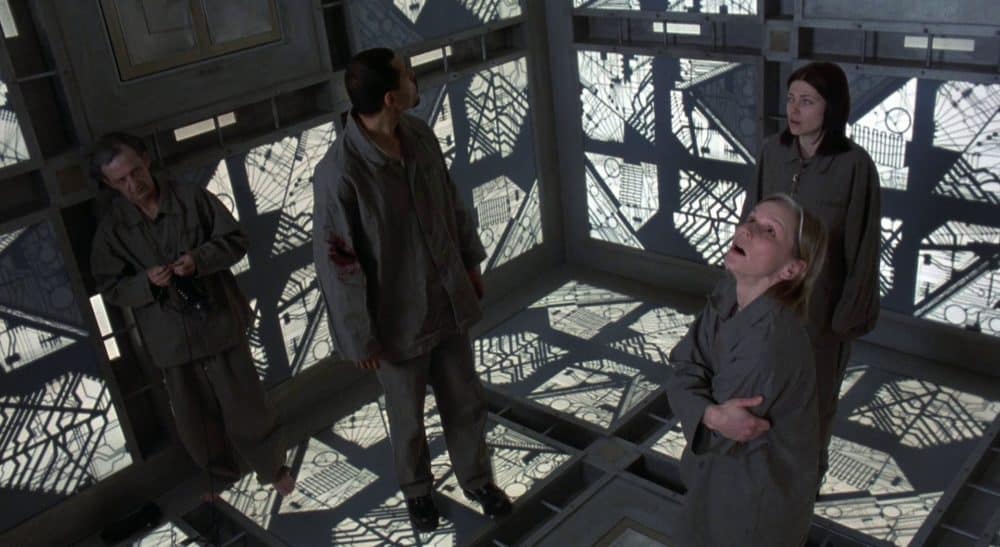
Cube (1997)
Although I will undoubtedly catch flack for this, I do have a soft place in my heart for the movie’s Sci-Fi Channel produced sequel, Cube 2: Hypercube (2002). Despite the visually drab set design, downgraded cast, lackluster script and visionless direction, its temporal interplay is as fun as it is novel and it is notable for being my (and, I’m sure, others’) gateway to its 1997 predecessor.
That being said, while the spotty second is some not-quite-disposable fun for a Friday night in, Cube — the first Cube — is a masterpiece of Kafkan absurdity. Like a horrific remake of the Twilight Zone episode Five Characters in Search of an Exit (1961), it follows a group of strangers that wake up in a labyrinthian Rubix Cube whose constantly shifting rooms are varyingly filled with mathematical puzzles and deadly traps. But as they stutteringly progress through the seemingly identical rooms toward some unknown end, they soon find, as is invariably the case with Romero’s zombie movies, that the greatest threat in the titular Cube is themselves.
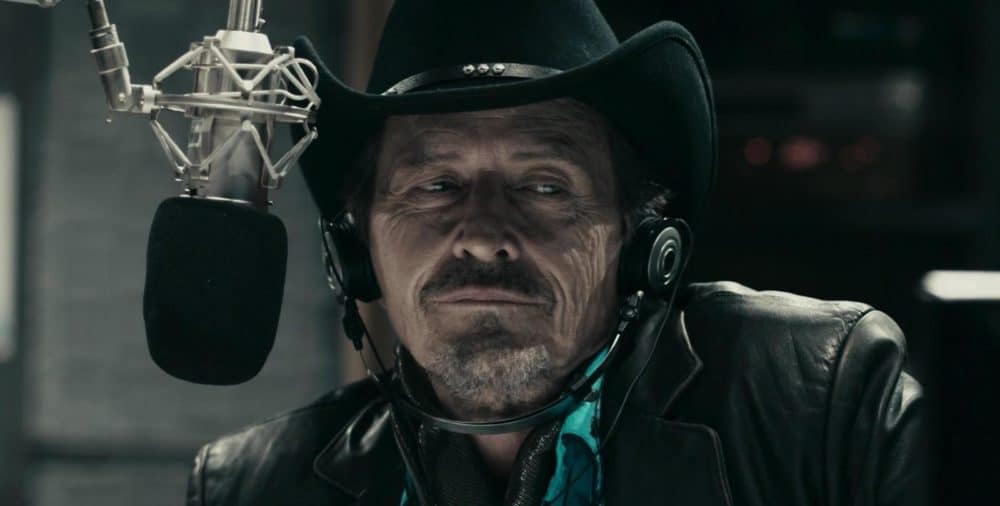
Pontypool (2008)
Although I can’t get enough of all stripes of zombie movies, I can certainly understand the frequent criticism that most of them just feel like the same movie again and again. Since Romero’s reinvention of the sub-genre with his cut classic Night of the Living Dead (1968), the only major innovation to take root in subsequent films has been “what if they were faster?” Like Halloween for slashers, most zombie flicks are seemingly content to just rework the time-tested blueprint laid out by Romero five decades ago.
The same, however, can’t be said of Pontypool, which presents a captivating twist on the basic premise. What if, instead of being transmitted via biting or bleeding, people were infected via language? That’s right: language? In this radio station-set zombie entry, the English language itself has been corrupted by a zombie “virus” that has the potential to effect anybody within earshot. Not only does this undercut everything that we’ve come to expect from movies of this kind, but it creates a fascinating scenario that fully exploits Canada’s bilingual culture.
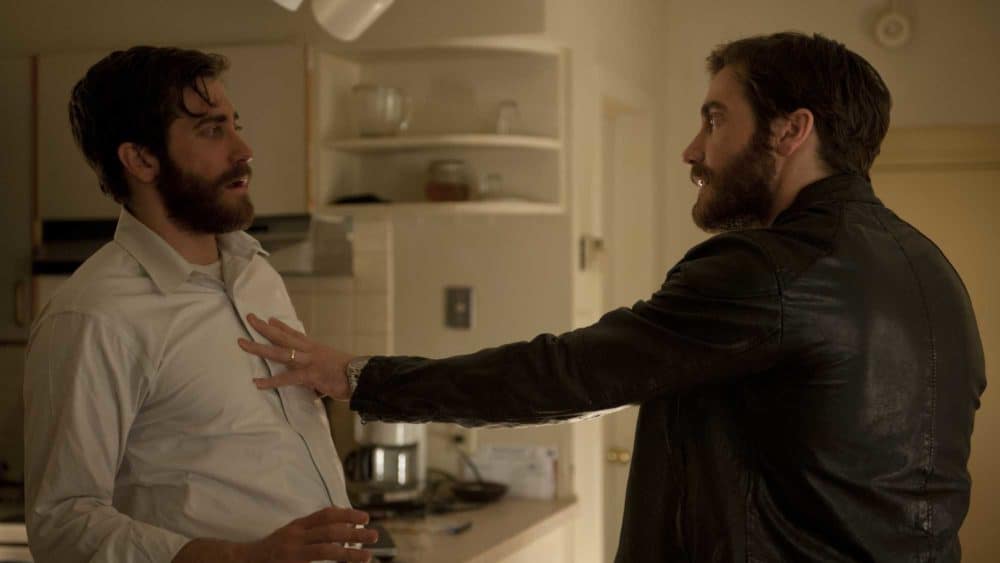
Enemy (2014)
The biggest filmmaker to break out of what some have affectionately dubbed “North Hollywood” in the last decade is Canadian director Denis Villeneuve. First gaining international notoriety for his Oscar-nominated film Incendies (2010), he has since gone on to helm some of the biggest and best productions on the entire continent. Ranging from tech noir Blade Runner 2049 (2017) and the Best Picture nominee Arrival (2016) to the border drama Sicario (2015) and the disturbing Prisoners (2013), he is fast proving to be the very best in the business of delivering intelligent genre-entries for a global audience.
His best film, however (at least for my money), is this mind-bending tale of history professor (Jake Gyllenhaal) who discovers by complete happenstance that he has an identical doppelganger working as a film actor. The twisting tale rapidly unravels has Gyllenhaal’s characters repeatedly and violently collide with one another, leading to a madcap finale that I will not (nor, I think, can even begin to) spoil here. Suffice it to say that fans of the utterly bonkers ends to Mother! (2017) and Under the Skin (2014) will appreciate where this contemplative, if at times difficult to parse out, film arrives by its ultimate, inevitable end.
 Follow Us
Follow Us

